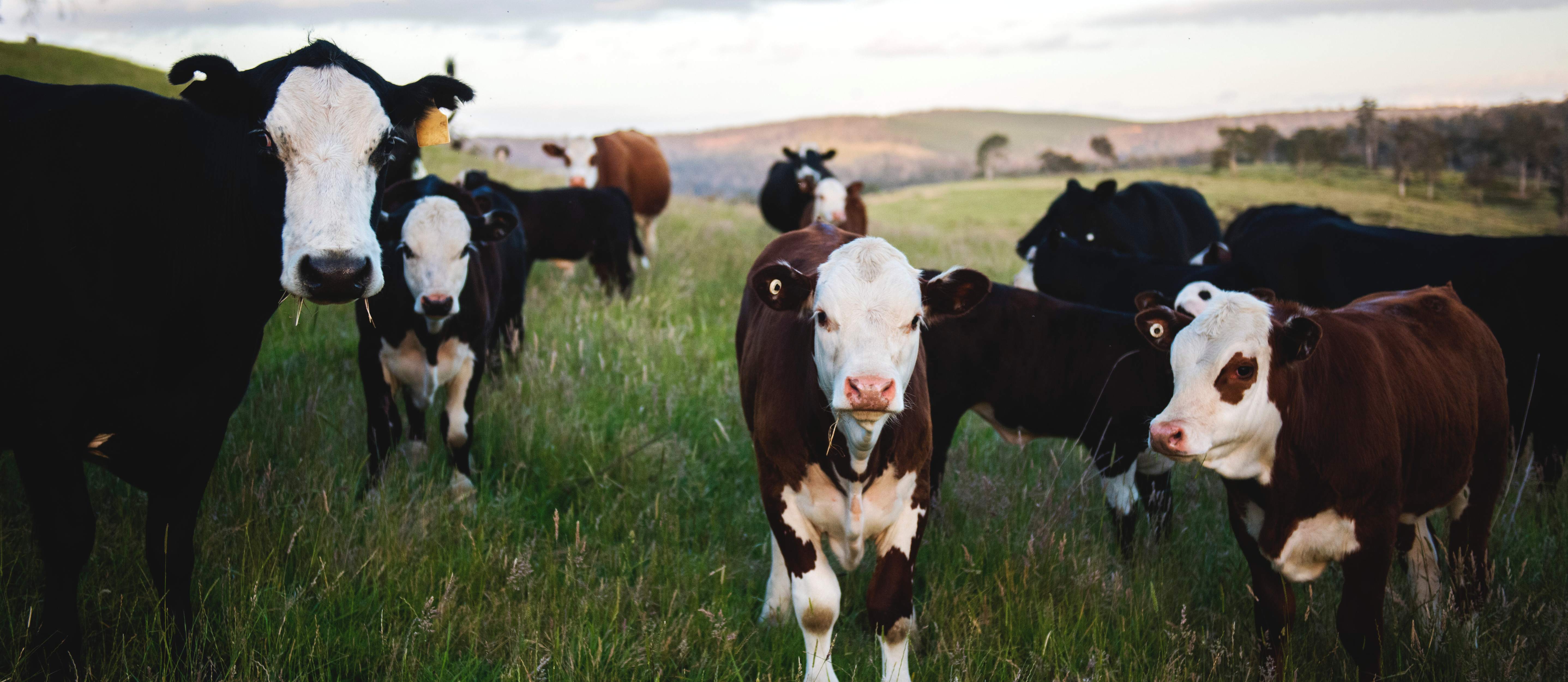Does the IRS Consider my Farming Operation a Hobby Farm?
Does the IRS Consider my Farming Operation a Hobby Farm?

Many producers that have both farm and non-farm income, may question if the IRS considers their farming activities to be a “business” or a “hobby”. This is a very important distinction to both the farmer and the IRS due to the IRS treatment of business income versus “hobby” income. If a business has a net loss for the year, then that loss can be used (with some limitations) to reduce other income realized by the taxpayer. However, if the IRS considers farming activities to be a “hobby”, then any losses cannot be used to offset income in other areas by the taxpayer.
The size of the farming operation is irrelevant in determining if a farming operation is a business or a “hobby”. It is all about the management of the farm. The IRS has nine factors they use to determine the status of the farming operation. Those factors are covered below, as are ways in which a producer can make sure they are not a hobby farm. It is worth noting that if audited, it is the taxpayer/farmer’s responsibility to show proof of meeting the guidelines.
- Operate your farm in a businesslike manner. One way to make sure you meet this guideline is to have separate bank accounts for the farm and personal use. A business plan can also demonstrate that you take the farming operations seriously and are interested in its success.
- Time and effort spent on the operation in hopes to make it profitable. The producer spending most of their personal time on the farming operation can indicate they are trying to be profitable. The producer may also have employees perform tasks that they cannot do because of time constraints. Both show that the producer is spending an adequate amount of time running their business.
- Depend on the farm income. The IRS would like to have demonstrated that there is some reliance of the taxpayer on the farming income. There is certainly no issue if there is another source of income outside of the farm. However, there may be a concern that merely having a significant non-farm income, that the taxpayer is only “farming” as a means to reduce their tax obligations instead of running a business. If the producer continues to need outside income to help support the farming operation, then they need to take a closer look at their financial standing.
- Your losses are due to circumstances beyond your control or for start-up reasons. As long the producer does not intentionally create losses in their farming, this should not be an issue. Losses can happen at every turn in farming not without anyone’s help, the weather and grain/livestock markets are two great examples.
- Changing aspects of your operation to improve profitability. Thorough recordkeeping and enterprise analysis will help producers track income and expenses and monitor profits and losses. As long as the producer has a way to track income and expenses, and make necessary adjustments when losses occur, the producer meets this guideline.
- You have advisors to help you carry out your farming business. Examples of advisors are a CPA, financial advisor, UK Farm Management Specialist, crop scout, or a grain marketer to name a few. Having one or more of these professionals to go to when making decisions about your operation can not only help your operation but also proves you are running your farm like a business.
- Successfully making a profit in the past in similar activities. This is where farming experience comes into play. If the producer has had a similar operation in the past and tried to make a profit or if they turned a non-profitable business into a profitable business.
- In some years, the producer makes a profit and can show the amount. According to the IRS, a farmer needs to show a profit 3 out of 5 years, even if the profits are not large. Always showing a loss on your Schedule F, can alert the IRS that the operation may be a hobby and not a for-profit business.
- You can expect future profits in your farming activities. Is there a projected cash flow? Is it positive? If not, can changes be made to help cash flow the year? Profits do not have to be a lot but the business needs to show a profit or at least the intent to be profitable.
One key point is that if you keep records, both financial and production, you will already meet most of the requirements. Records are key to being a good producer. Not only can they tell you where you excel but also help if the IRS audits a taxpayer. For additional information, IRS Pub 225 Farmer’s Tax Guide is a great resource.
Recommended Citation Format:
Hardin, T. "Does the IRS Consider my Farming Operation a Hobby Farm?" Economic and Policy Update (21):6, Department of Agricultural Economics, University of Kentucky, June 29th, 2021.
Author(s) Contact Information:
